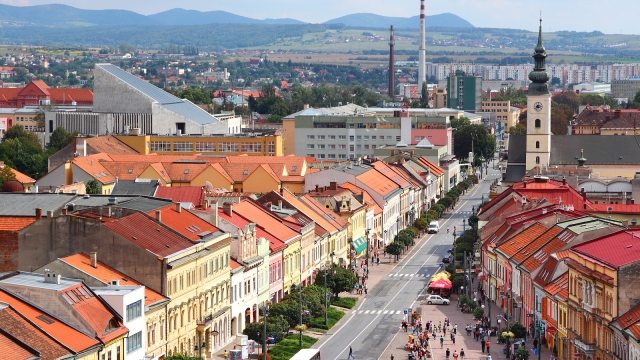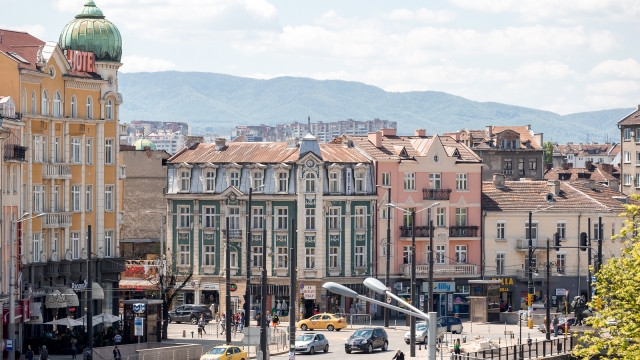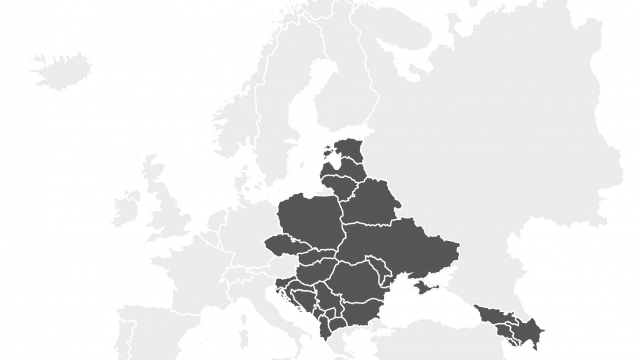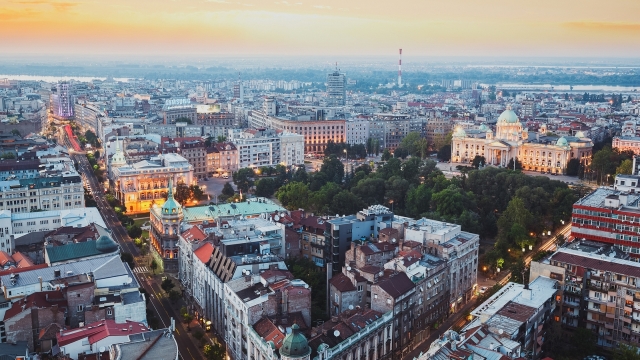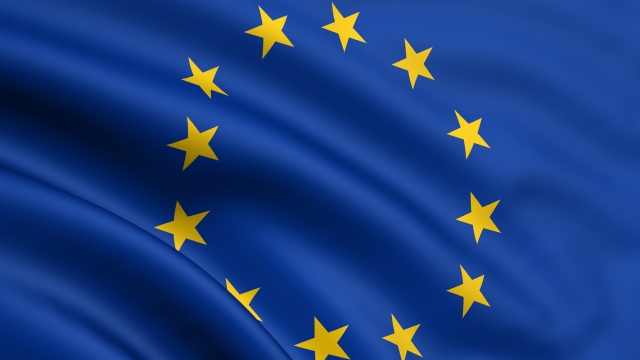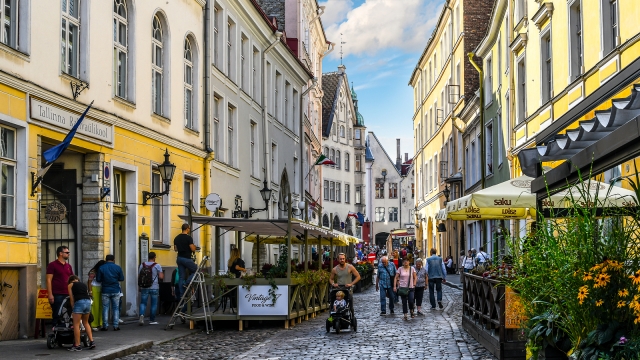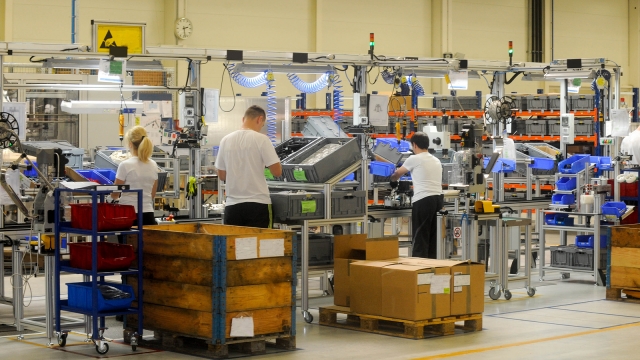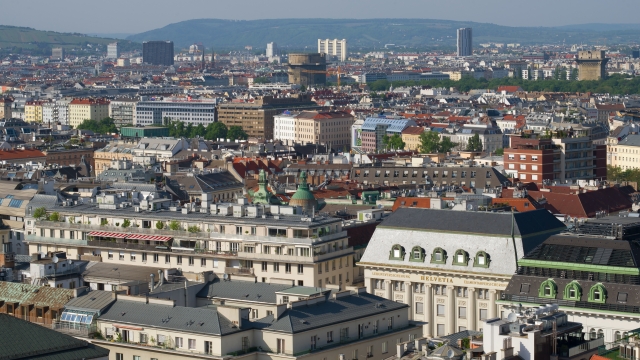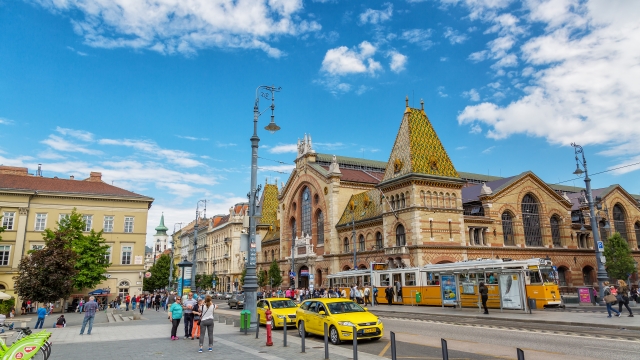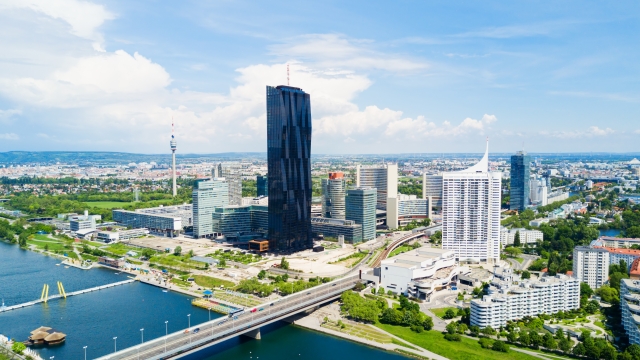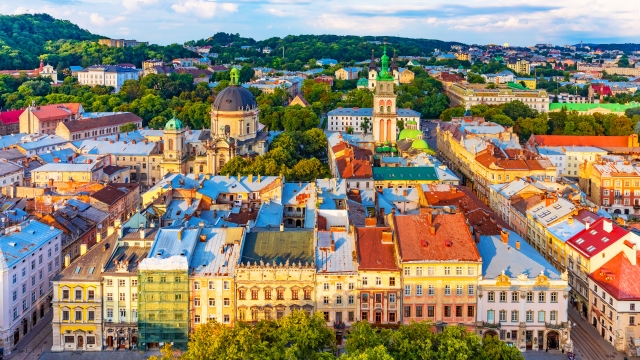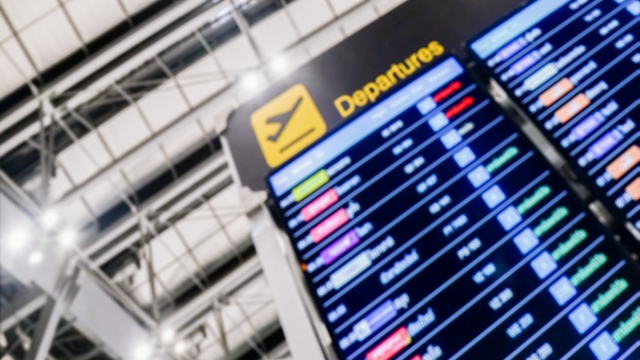The ‘tipping point’ at which labour demand will become equal to labour supply in the EU – that is, when labour will become a constraint on economic growth – is now...
Tag - wiiw
Foreign direct investment (FDI) inflows to Central, East and Southeast Europe (CESEE) declined in 2018, according to a new report from the Vienna Institute of...
Emerging Europe asks some leading thinkers how much the region has changed in the 30 years since the fall of communism, and what challenges still need to be overcome.
According to a flash estimate from the statistical office of the Republic of Serbia (RZS), the country’s GDP growth slowed to 2.3 per cent during the first quarter of...
On May 1, 2004, ten countries joined the EU, including eight from the formerly communist Central, East and Southeast Europe (CESEE). 15 years on, three more EU-CEE...
The Vienna Institute for International Economic Studies (wiiw) has published its new growth forecasts for economies in CESEE up to 2021. The main conclusion of the...
Labour market performance in the Western Balkans continued to improve, albeit at a slower pace than the previous year and despite stronger economic growth in the region...
The Viennese are known for their pessimism. However, even by Viennese standards, 2019 began with a lot of worries about the outlook for CEE. This is surprising...
After an intense 2018, Central, Eastern and Southeastern Europe (CESEE) is set for a more difficult 2019, the Vienna Institute for International Economic Studies (wiiw)...
On the roof of the early 20th century building where I live in Vienna, penthouse apartments are being constructed. This is happening all over the city, with the property...
The Vienna Institute for International Economic Studies (wiiw) has has published its new forecasts for 22 economies in Central and Eastern Europe up to 2020. The report...
Since 2013 GDP growth has picked up continuously in the EU member states of Central and Eastern Europe (EU-CEE), reaching an average of above four per cent in 2017...
Across emerging Europe countries are haemorrhaging people. A lack of opportunity at home and the lure of Western Europe – made accessible by European Union membership –...

